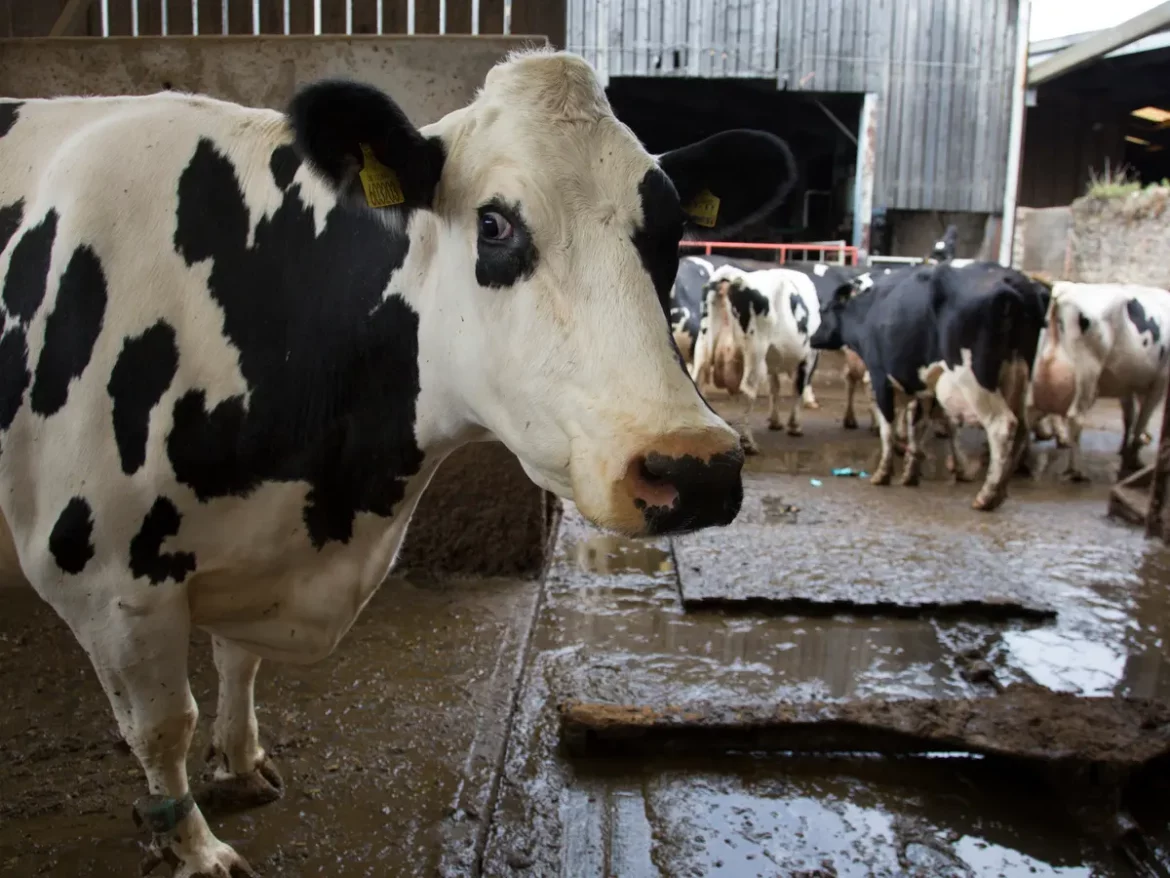A new study has shown that farming is responsible for more than a quarter of the particle pollution in UK cities.
According to the study, UK agriculture created 38% of the particle pollution in Leicester, 32% in Birmingham and 25% in London in 2019. In each case, the contribution from rural agriculture was greater than all of the sources within the cities themselves.
The study found that although low-emission and clean air zones can be effective for local pollutants such as nitrogen dioxide, particle pollution can linger in our air for a week or more and this allows particles to travel a long way from where they are produced.
The study also found that particle pollution from the rest of Europe also affected the UK, especially the south and east of England, but less so than the impact from our own farming.
Dr Jamie Kelly, who was part of the study team at University College London (UCL), said: “We were surprised to find that ammonia from rural agriculture is so large. It is often the dominant source of particulate matter pollution in UK cities; even in cities as large as London. If the government is truly committed to addressing particulate pollution to improve public health, there need to be more ambitious measures to reduce ammonia emissions.”
Read also: Thinktank says climate visas could give victims of natural disasters safe route to UK
Acording to reports, farming is the main cause of the springtime smog that affects western Europe each year. In 2014, Paris banned half of its traffic in a vain effort to control spring smog. The health benefits from tacking agricultural ammonia are huge.
Another study by Public Health England and the Met Office estimated that more than 1,600 people in the UK died early due to particle pollution in March and April 2014. The worst 10 days had an estimated 600 extra deaths and more than 1,500 extra hospital admissions. Many of these could have been avoided.
Story was adapted from the Guardian.
